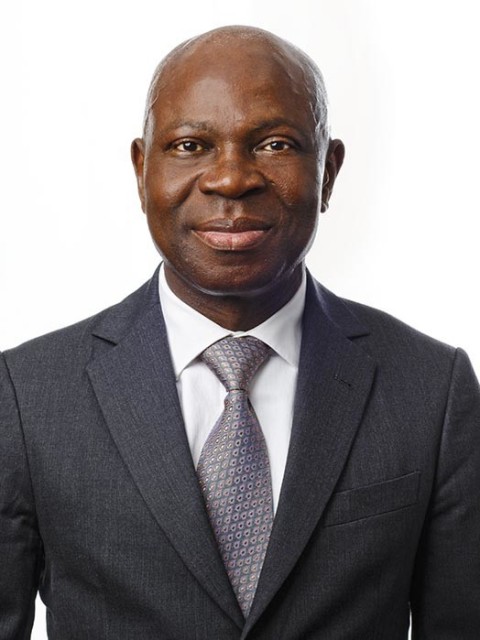ILO Head Commends G20 Leaders for Emphasizing Social Justice and Decent Work at COP29
Speaking at the summit, Houngbo expressed his support for the Global Alliance against Hunger and Poverty, a new initiative launched during the summit.

At the G20 Leaders' Summit in Rio de Janeiro, Brazil, the International Labour Organization (ILO) Director-General, Gilbert F. Houngbo, praised the G20 leaders for their recognition of the critical role social justice and decent work play in achieving the Sustainable Development Goals (SDGs). This commitment is vital to creating an inclusive global economy that ensures prosperity for all.
Speaking at the summit, Houngbo expressed his support for the Global Alliance against Hunger and Poverty, a new initiative launched during the summit. This initiative aims to mobilize resources and foster knowledge-sharing between countries and international organizations to implement large-scale, country-led programs aimed at tackling hunger and poverty.
The Role of Social Protection and Decent Work
In his address, Houngbo emphasized the importance of universal social protection as a foundational element in the battle against inequality and poverty, stressing that access to social protection alone is not enough. “We must create productive opportunities for decent work,” he said, highlighting that job creation and decent labour standards are essential to lifting people out of poverty and providing dignity to workers.
He also underscored that decent work is fundamental to achieving social inclusion and addressing gender inequality. The G20 Rio Declaration, which was endorsed by world leaders at the summit, reaffirmed the importance of decent work in reducing inequality, supporting women’s participation in the economy, and ensuring workers' rights.
Endorsement of the G20's Principles for Just and Inclusive Energy Transitions
The G20 Rio Declaration also featured a strong endorsement of the G20’s voluntary Principles for Just and Inclusive Energy Transitions, which include social dialogue as a key mechanism in integrating digital technologies into the workplace. The Declaration acknowledges that these principles are crucial to ensuring that energy transitions are inclusive and benefit workers globally.
“Ensuring the just and inclusive transition to green energy is integral to the global effort against climate change and must be guided by social fairness,” Houngbo noted.
A Historic Summit and the Path Ahead
The G20 Leaders' Summit held on November 18-19, 2024, marked the end of Brazil’s year-long G20 Presidency, which focused heavily on issues of social inclusion, inequality, and decent work. Following the summit, the Presidency of the G20 has officially passed to South Africa, which is expected to continue prioritizing the global fight against poverty and social justice in the coming year.
With the Global Alliance Against Hunger and Poverty, the ILO’s participation and commitment to social protection and decent work will continue to guide global efforts in addressing the intertwined challenges of poverty, hunger, inequality, and climate change.
As the ILO takes its place in the Global Alliance, it reaffirms its role in shaping global labour policies that promote decent work and social protection as a means to build a fairer, more inclusive global economy. The G20's focus on social dialogue, gender equality, and the protection of workers' rights continues to build momentum for systemic changes that will positively impact workers worldwide.










